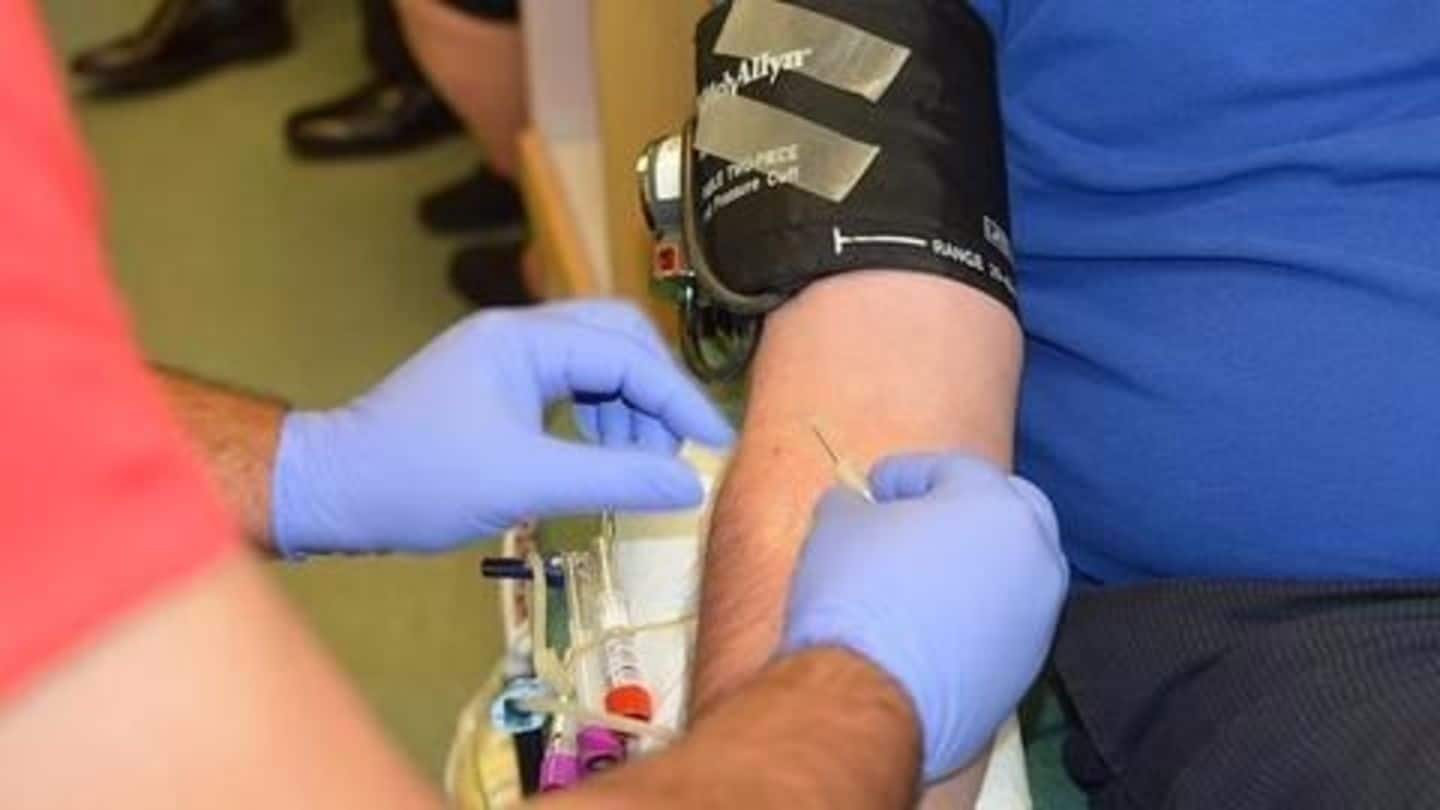
Hospital in China infects 5 with HIV
What's the story
In a shocking incident of medical negligence, the Zhejiang Provincial Hospital of Chinese Medicine accidentally infected 5 people with the HIV virus. Staff had reused equipment that was used to treat another patient with HIV. Authorities called it a "serious violation of procedure," and vowed to treat and compensate victims. However, it is yet unclear if more people were exposed to the virus.
History
A history of bothched transfusions?
In the 1990s, the Chinese government embarked on a blood donation drive in Henan, encouraging farmers and locals to donate blood. However, basic hygiene was not maintained and the same equipment was re-used on different patients. In addition, all the collected blood was pooled together, separated from plasma and re-injected into donors so they could donate again soon.
Information
How many were affected in Henan?
Estimates suggest that 500,000 people were infected with HIV after the blood donation drive. By 2003, there was one funeral per week in Henan and locals didn't even know the disease. 20% of the villagers had HIV and 45% of all donors had HIV.
Govt
Government admits mistakes
By 2002, the Chinese government finally admitted that there was a severe violation of protocol during the blood donation drive. However, they said only 30,000-50,000 people were infected with the virus. They also blamed the victims saying they were selling their blood illegally to fraudulent collectors. The health minister added that intravenous drug use and prostitution remained the primary causes of HIV in China.
Apathy
China's attitude toward HIV
The Chinese government has long been apathetic about HIV. In 2006, for the first time, 19 people successfully sued a hospital for giving them HIV. It was only in 2010, that China lifted a ban on foreigners with HIV from entering the country. In 2013, the government proposed banning HIV patients from public bath houses and swimming pools. The plan was widely opposed.
Action
What action is being taken?
Five members of the hospital and the provincial council have been removed from their posts. The Provincial Health Family Planning Commission stated that it was carrying out a detailed investigation into how patients could have been infected. They added that adequate compensation would be provided to the victims and that they would be treated for their illness.